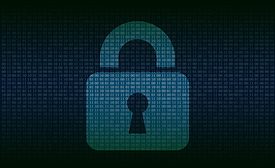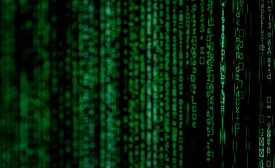Cybersecurity
CISOs struggling to prepare for upcoming security compliance audits
Survey finds CISOs highly interested in automation to address major concerns about doing more with less, preparing for audits remotely and speeding evidence collection
September 18, 2020
Sign-up to receive top management & result-driven techniques in the industry.
Join over 20,000+ industry leaders who receive our premium content.
SIGN UP TODAY!Copyright ©2024. All Rights Reserved BNP Media.
Design, CMS, Hosting & Web Development :: ePublishing












